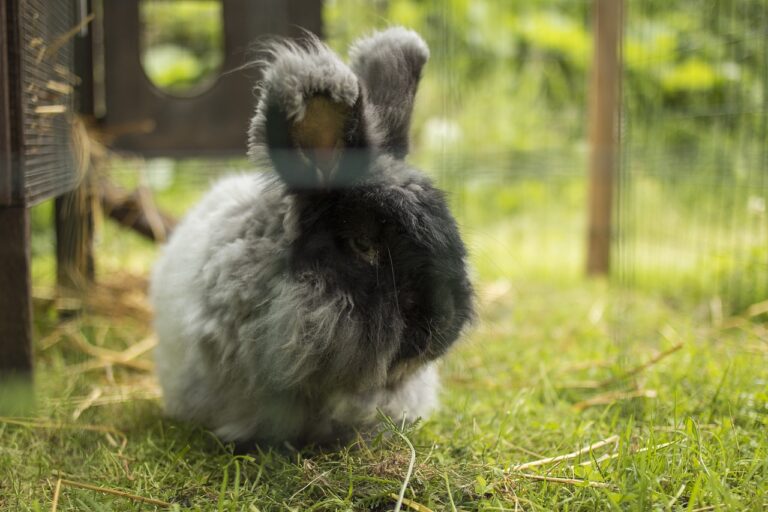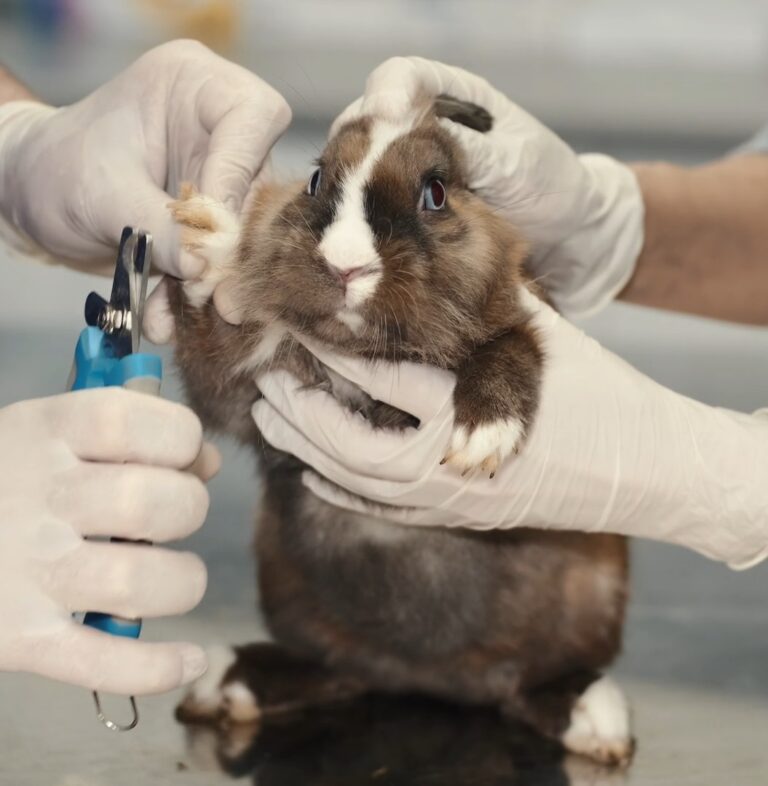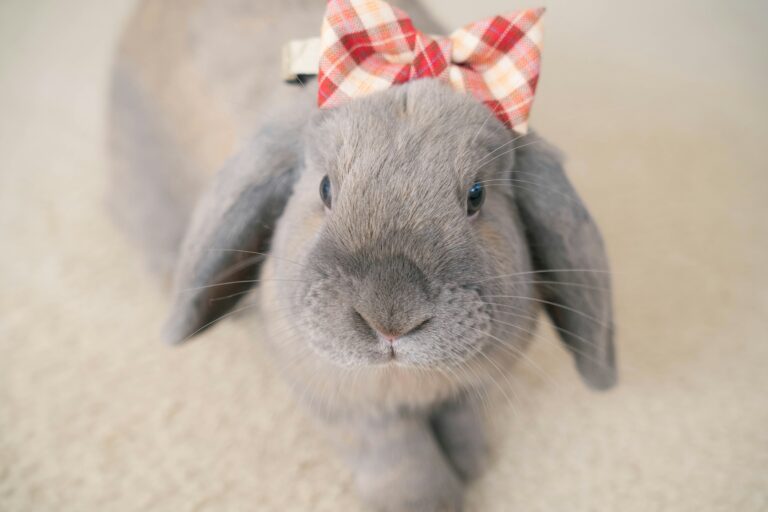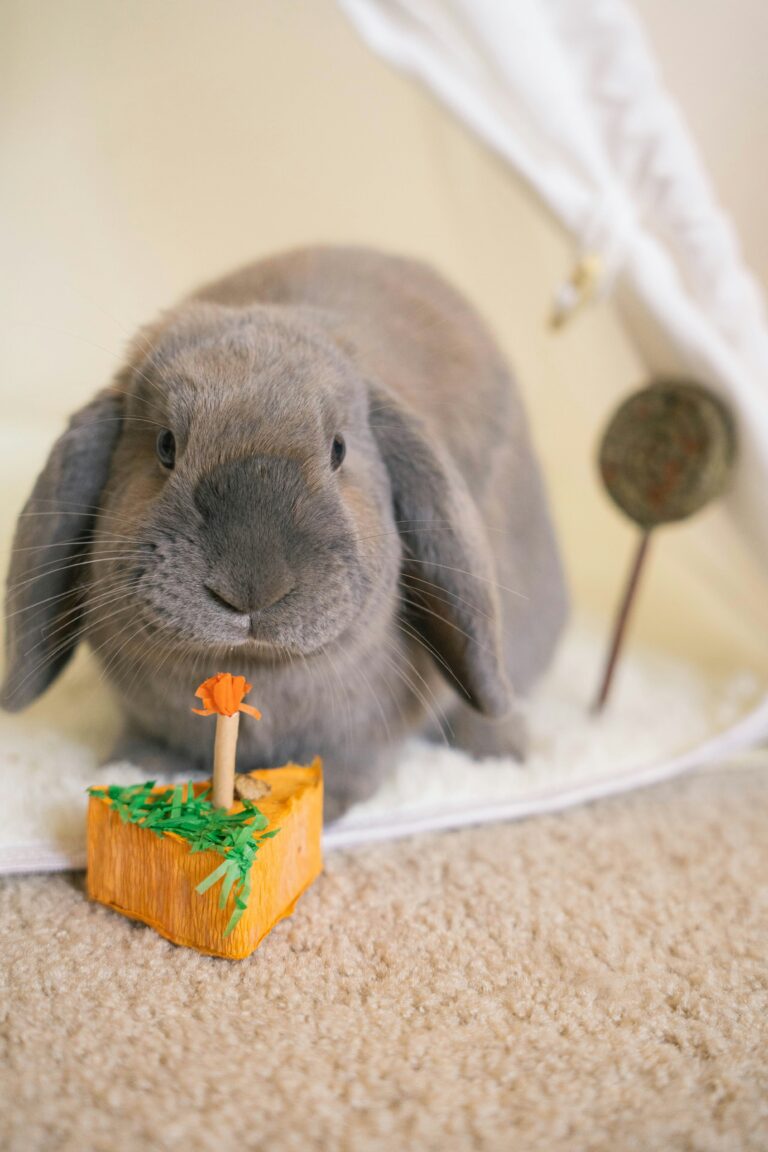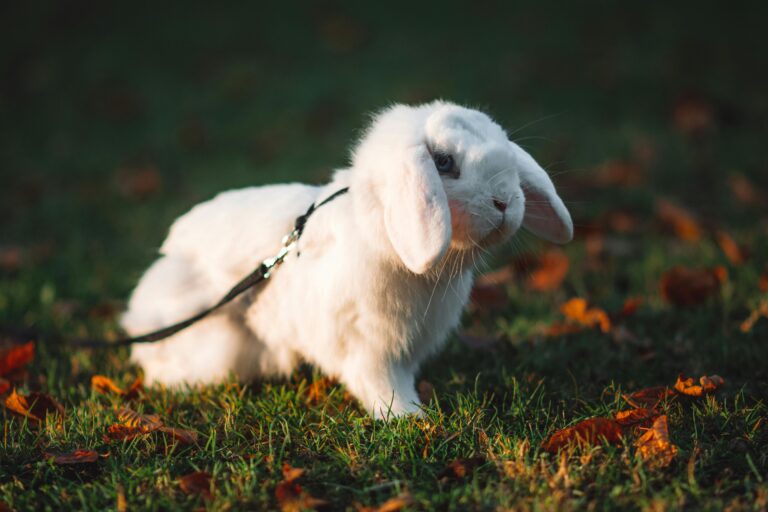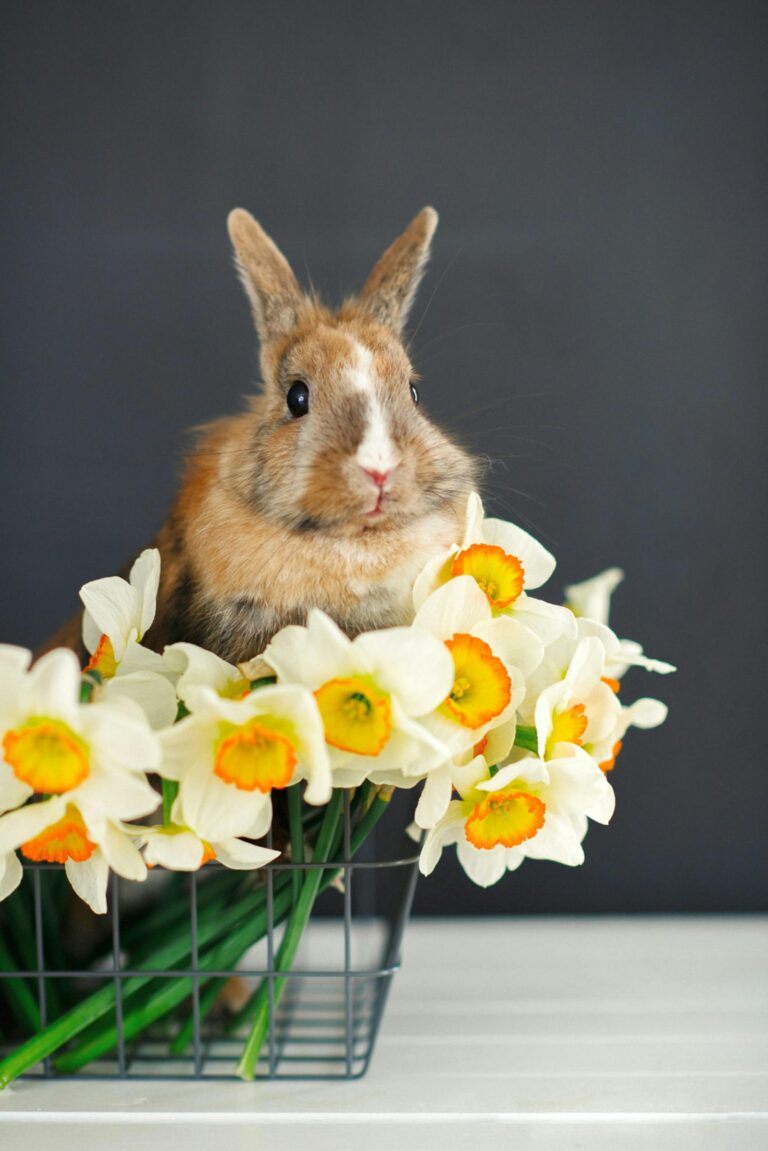How to Prepare for Bunny Babies
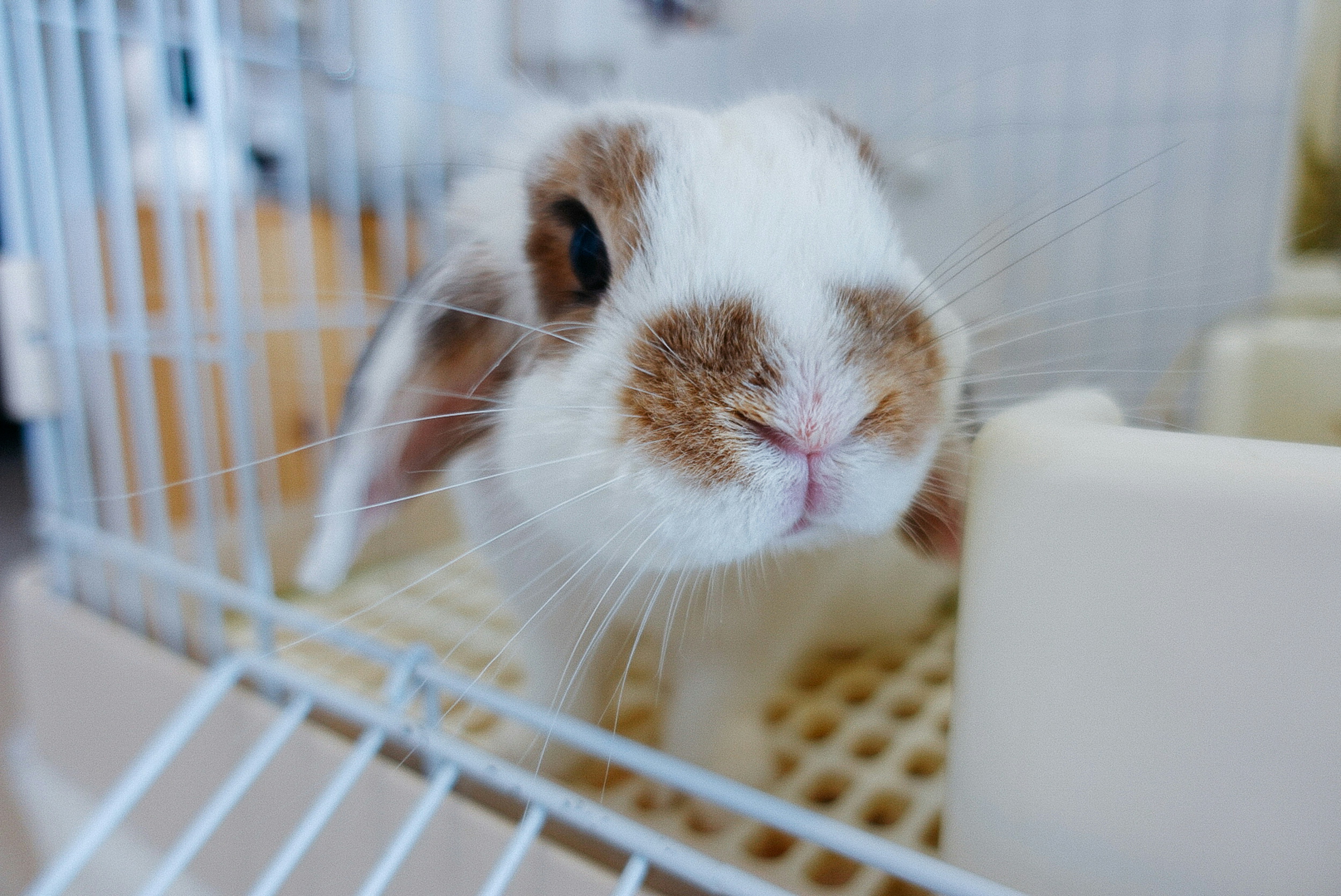
Welcoming new life into your home through the birth of baby rabbits can be an exciting and rewarding experience! However, proper preparation is essential to ensure the safety and well-being of both the mother rabbit (doe) and her offspring (kits).
In this guide, we’ll walk you through the steps to prepare your pregnant rabbit’s cage for delivering babies, covering everything from creating a comfortable nesting area to ensuring a clean and secure environment for the newborns.
Understanding Rabbit Pregnancy
Before delving into the preparations, it’s crucial to understand the basics of rabbit pregnancy. Rabbits have a relatively short gestation period, typically lasting between 28 to 31 days. During this time, the pregnant rabbit will exhibit various physical and behavioral changes, such as nesting behavior, increased appetite, and weight gain.
As the due date approaches, it’s essential to provide the pregnant rabbit with a suitable environment for giving birth and caring for her young. Proper preparation will help minimize stress for both the mother rabbit and her babies, ensuring a smooth and safe delivery process.
Preparing the Cage
Choosing the Right Cage:
- Make sure your doe is in a spacious and secure cage that provides ample room for her to move around comfortably. Remember that in not too long, there will be many more little feet hopping around in it! A wire cage is a great option as it allows for proper ventilation, but it is possible for newborn babies (kits) to slip through gaps in their search for warmth. For this you will need a nest box, but more about that below!
- Ensure that the cage is located in a quiet and secluded area away from loud noises and disturbances. This will help reduce stress for the mother rabbit during labor and nursing.
Creating a Nesting Area:
- On day 26 of her gestation, give the mother rabbit a nest box. These usually come in small, medium, large, and extra large. You want to match the nest box size to the size of the mother. It should be large enough for her to easily hop in and turn around without squishing her babies. Be cautious about selecting a nest box that is too large though because it could give the babies too much room to spread out, causing them to chill.
- Provide the pregnant rabbit with nesting materials, such as shredded paper or hay, to encourage nesting behavior. Don’t worry if she doesn’t start building her nest immediately though. Some does like having their nests ready days before they give birth and others like to make it hours before!
Ensuring Hygiene:
- Clean the cage thoroughly before the due date, removing any soiled bedding or debris. A clean environment is essential for preventing the spread of bacteria and ensuring the health of the mother rabbit and her offspring.
- Monitor the cage regularly for signs of soiling and clean as needed. Remove any soiled bedding promptly to maintain a clean and hygienic environment for the newborns.
Temperature Control:
- Maintain a stable temperature within the rabbit’s cage, ideally between 60 to 75 degrees Fahrenheit. Avoid placing the cage in drafty or excessively hot areas, as temperature fluctuations can stress the mother rabbit and her babies. Also be careful to avoid exposure to rain.
- If nessesary, during the winter months you can provide additional insulation, such as blankets or heat pads to keep the nest warm and cozy. However, be cautious not to overheat the cage, as excessive heat can be harmful to the rabbits. Nestled in their nest box under hay and fur, the kits will be able to stay pretty warm on their own.
Supporting the Mother Rabbit
Providing Adequate Nutrition:
- Offer the pregnant rabbit a balanced diet rich in fiber, vitamins, and minerals to support her health and the development of her babies. Do this by providing unlimited access to pellets and fresh hay, along with a variety of fresh vegetables.
Monitoring Behavioral Changes:
- Pay close attention to the pregnant rabbit’s behavior in the days leading up to the delivery. Look for signs of nesting behavior, such as gathering nesting materials and rearranging bedding.
- Monitor the mother rabbit for any signs of distress or discomfort, such as refusing food for days at a time, excessive grooming, or restlessness. Contact a veterinarian if you notice any concerning symptoms or if the rabbit fails to deliver within the expected timeframe.
Give Her Space:
- Minimize disturbances and handle the pregnant rabbit with care to reduce stress and anxiety. Avoid unnecessary handling or loud noises that could startle the rabbit during labor.
Preparing for the Birth
Getting Ready:
- As the due date approaches, behavior can very a lot between rabbits. Some does may frantically build their nests, hopping around the cage with their mouths full of a mixture of fur and hay. Some does (especially new mothers) may wait until the very last moment to make a nest. On days 28 and onward, check the cage first thing every morning for kits, making sure there aren’t any stragglers born outside the nest. It may be worth lining the corners of the cage with something to block kits from falling through the cracks.
- Make sure the doe has her nest box by day 26! It should be lined with clean bedding and placed in a quiet corner of the cage away from disturbances.
During Birth:
- During the birthing process, provide the mother rabbit with privacy and space to deliver her babies. Avoid disturbing the rabbit unless necessary, allowing her to focus on the labor process. Don’t expect to find your rabbit in labor though, most often does will have their kits in the middle of the night or early morning.
- Rarely, complications can arise during birth. If you suspect your rabbit may be in distress because of birthing complications, don’t hesitate to consult your vet.
Caring for the Newborns
Ensuring Proper Nutrition:
- Once the babies are born, monitor them closely to ensure they are nursing and receiving adequate nutrition from the mother rabbit’s milk. Healthy newborn rabbits will have round bellies and be active and sometimes vocal!
- Don’t be afraid if you don’t see your doe feeding or interacting with her newborn kits. In the wild, mother rabbits will interact with their babies as rarely as possible to prevent leading predators to them. Her absence is only out of love! She may only feed her babies once a day, so round bellies are the best way to tell if they are eating.
Providing Warmth and Shelter:
- Newborn rabbits are particularly vulnerable to temperature fluctuations and require a warm and sheltered environment to thrive. Ensure that the nesting box is well-insulated and free from drafts, providing additional bedding or insulation as needed.
Monitoring Health and Development:
- Keep a close eye on the newborn rabbits for any signs of illness or distress, such as lethargy, diarrhea, or failure to thrive. Consult your veterinarian if you notice any concerning symptoms or if the babies appear to be in distress.
- Sadly, some kits may simply be sickly and not make it. This is especially common in the dwarf rabbit breeds. In these dwarf breeds, some kits may inherit two dwarf genes, resulting in what is called a peanut. These peanuts are about half the size of their healthy littermates and never survive, even with supplemented feedings.
- Handle the newborn rabbits with care, avoiding excessive handling or stress during the first few weeks of life. Allow the mother rabbit to care for her babies and only intervene if necessary for health or safety reasons. Best practice is to feel in the nest box every morning for cold (likely dead) kits, check for round bellies and growing babies and leave them alone after that! After they open their eyes and start hopping out of the nest you can interact with them more.
Conclusion
Preparing your pregnant rabbit’s cage for delivering babies requires careful planning and attention to detail.
By providing a clean, comfortable, and supportive environment, you can help ensure a smooth and successful delivery process for the mother rabbit and her offspring.
With proper preparation and care, you can welcome new life into your home and experience the joy of raising baby rabbits!

